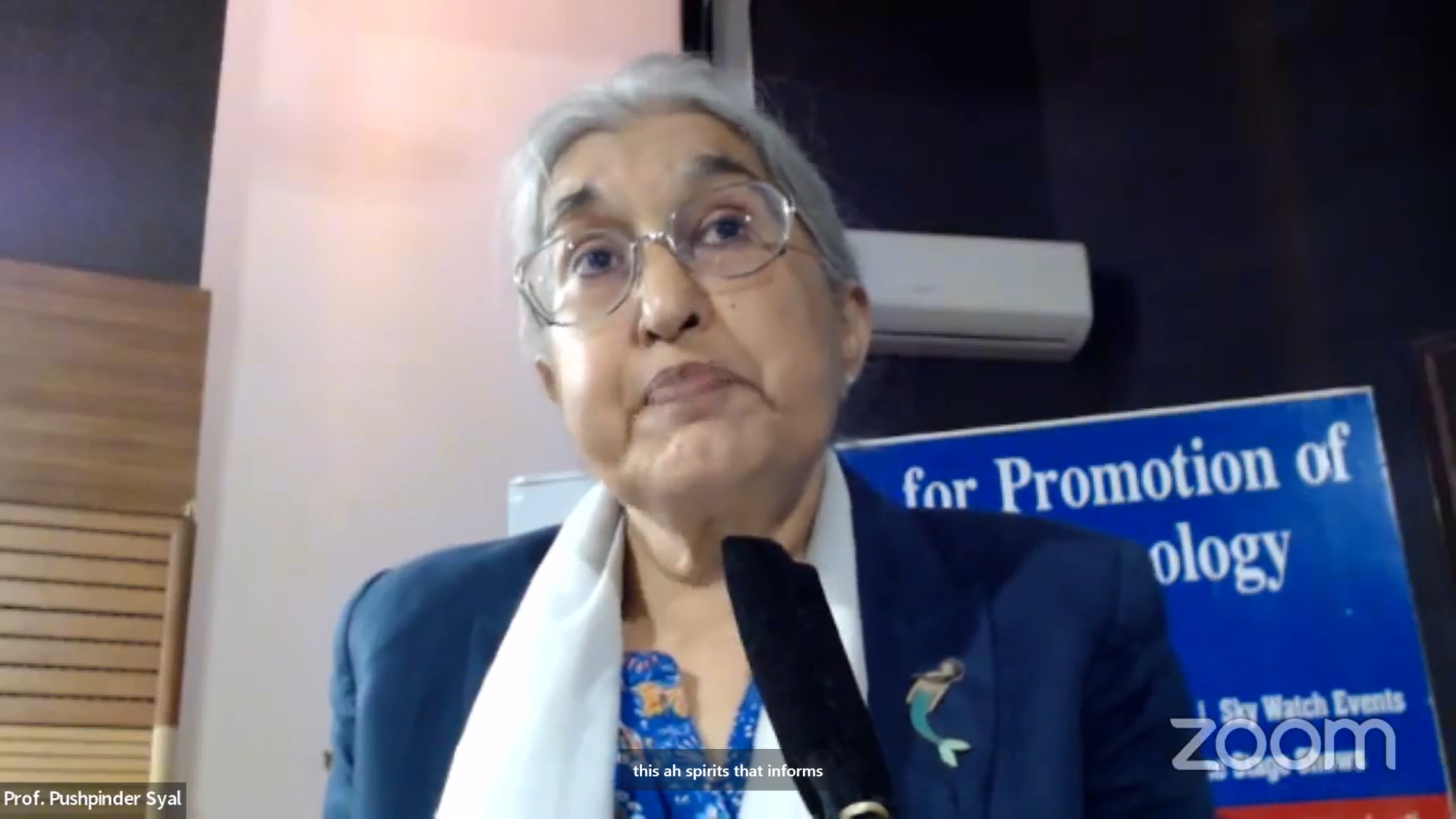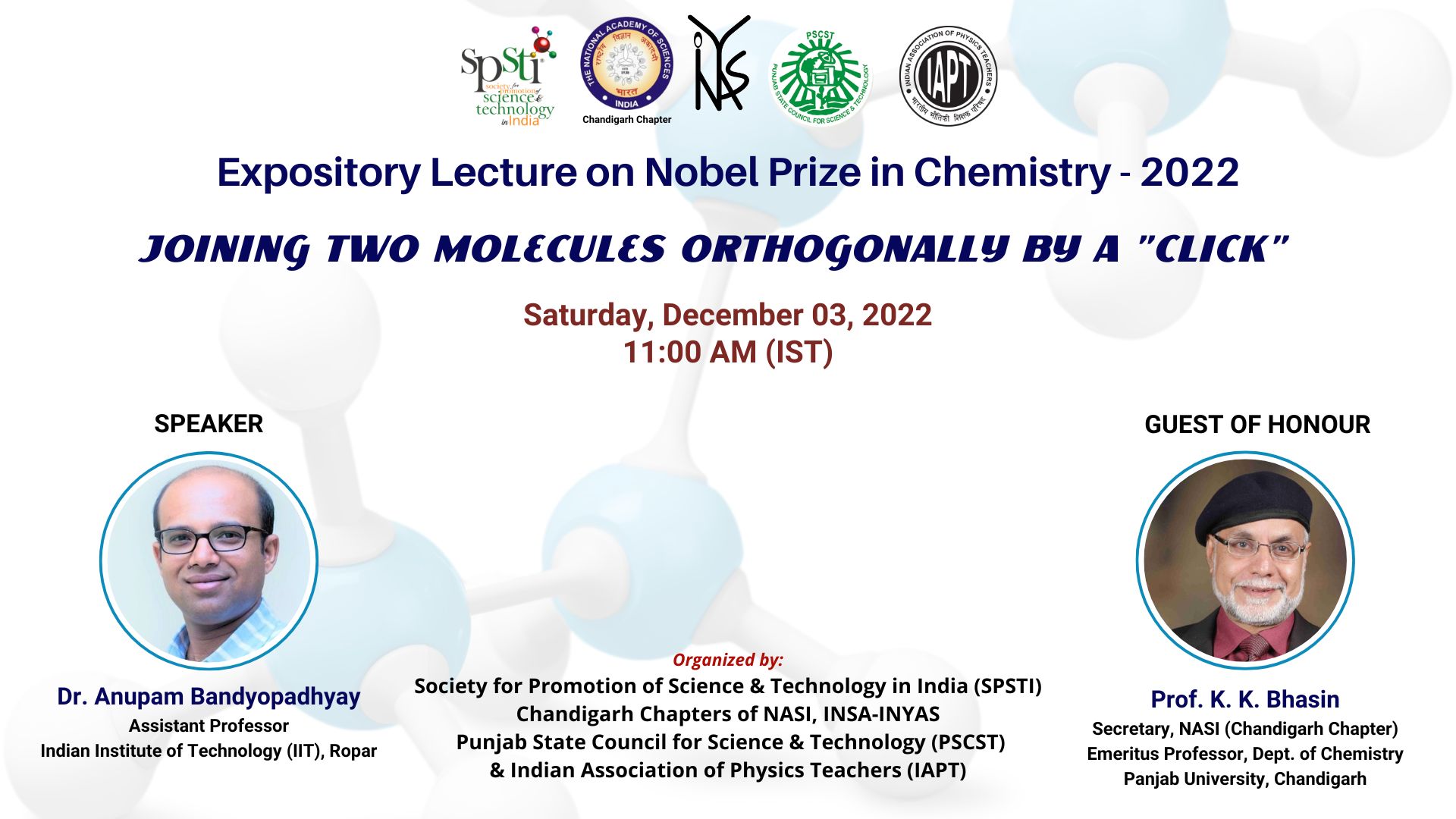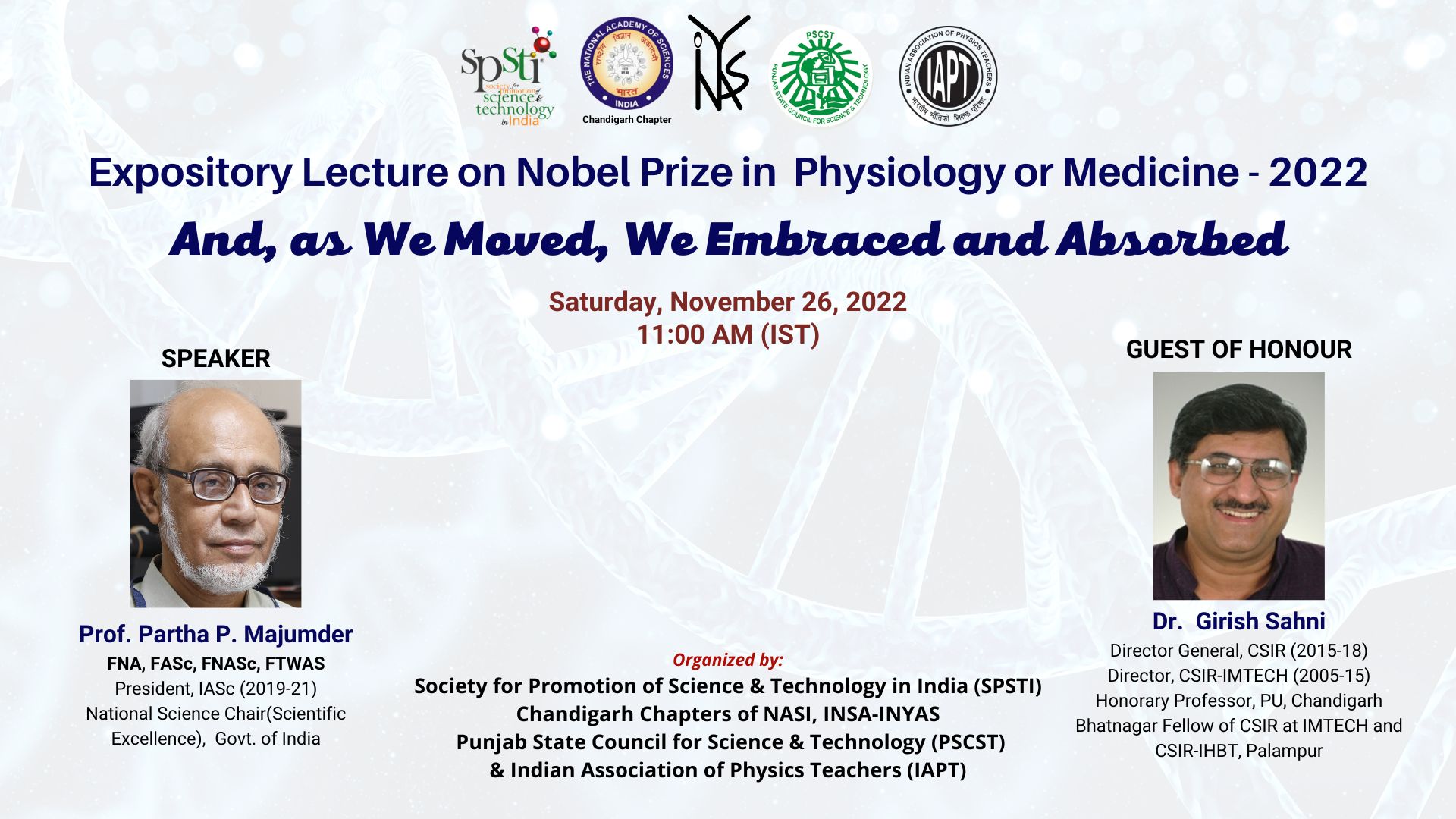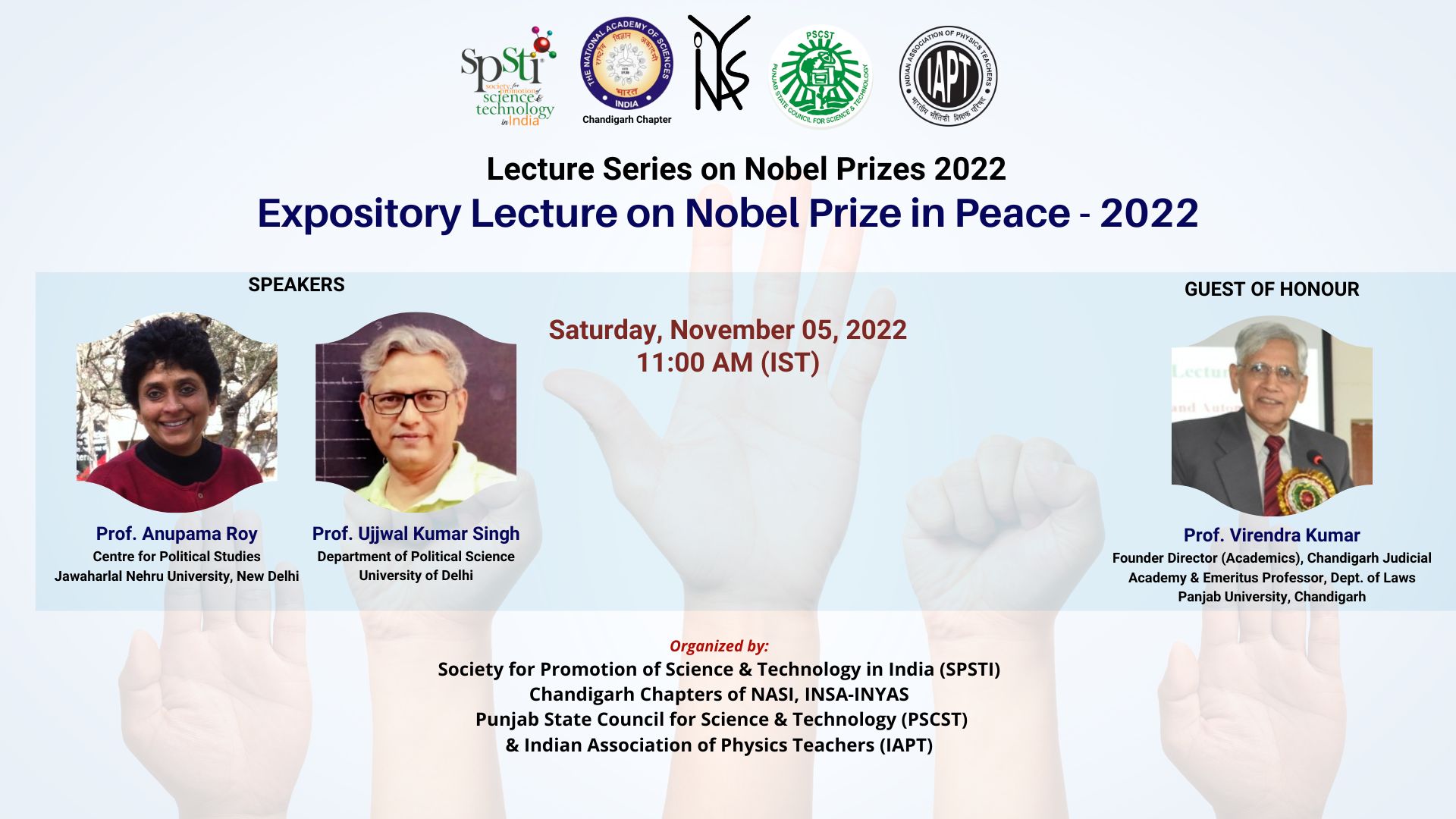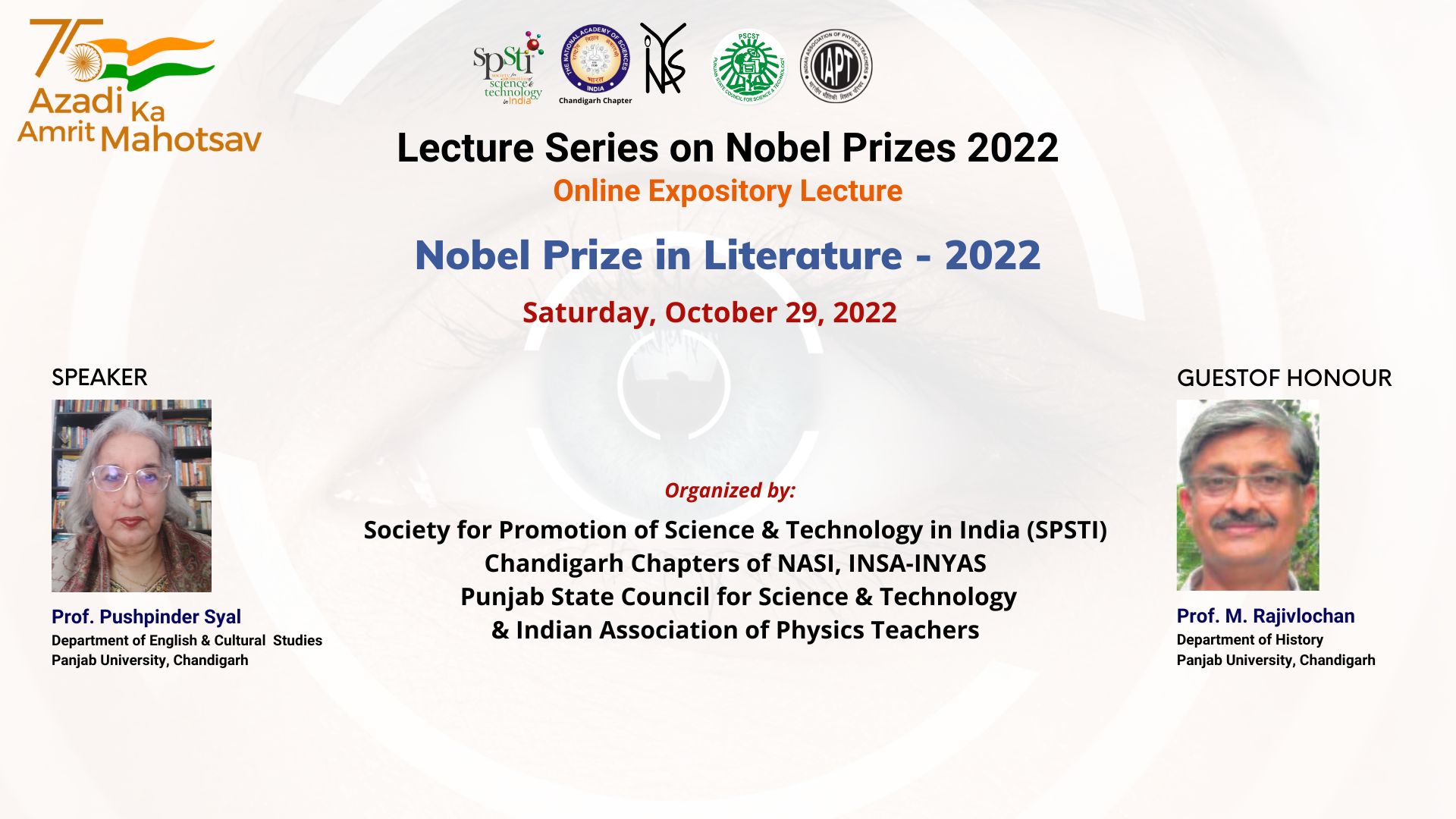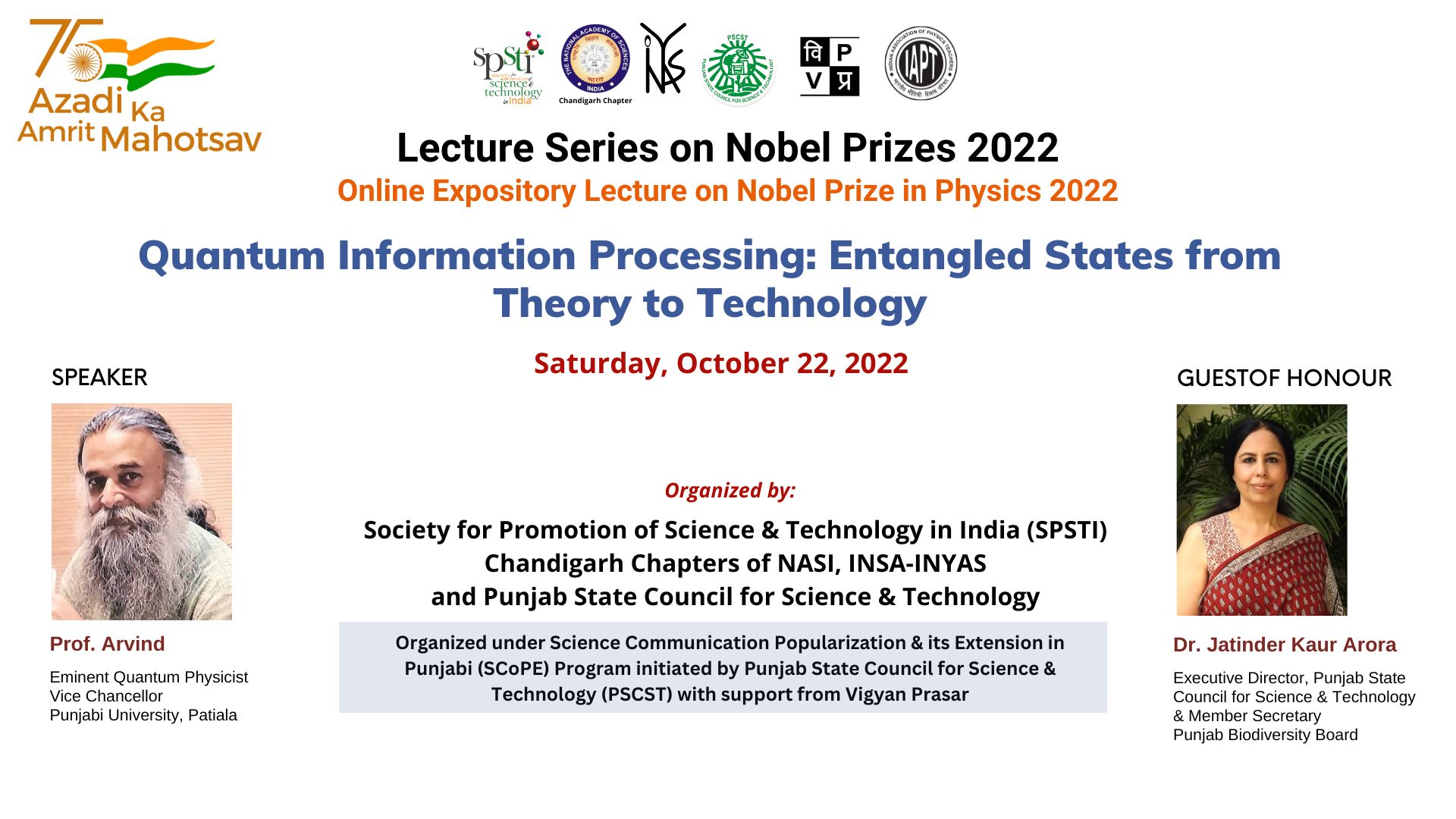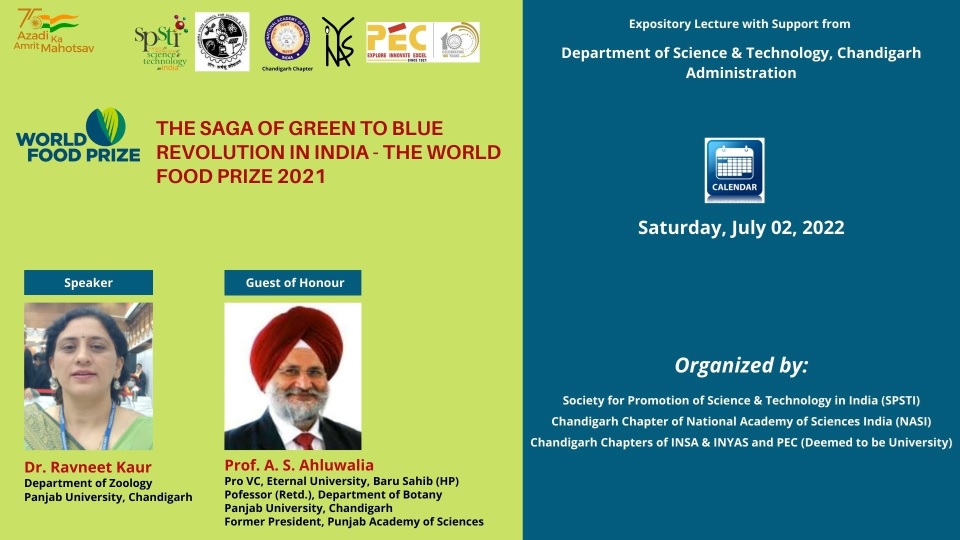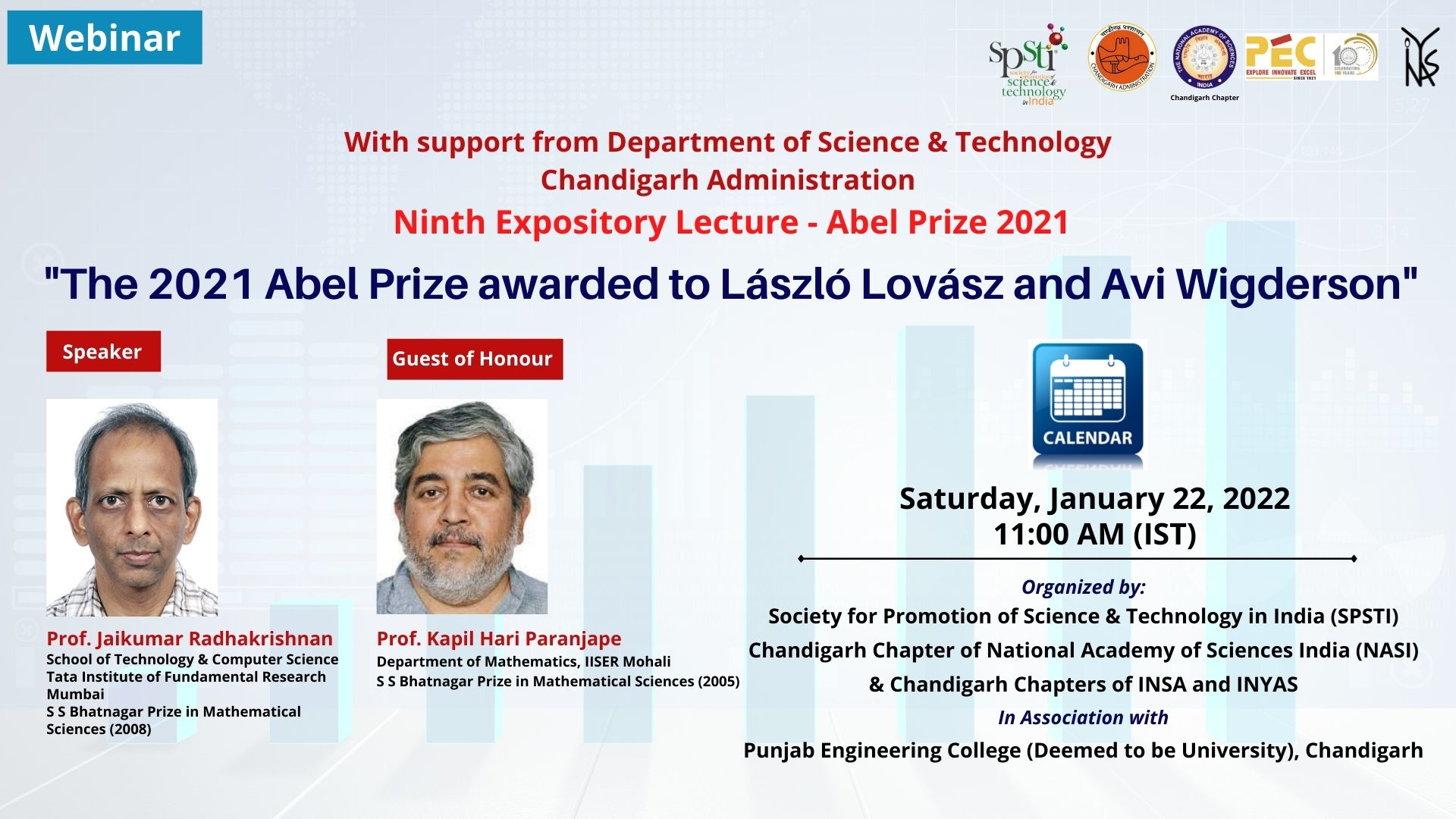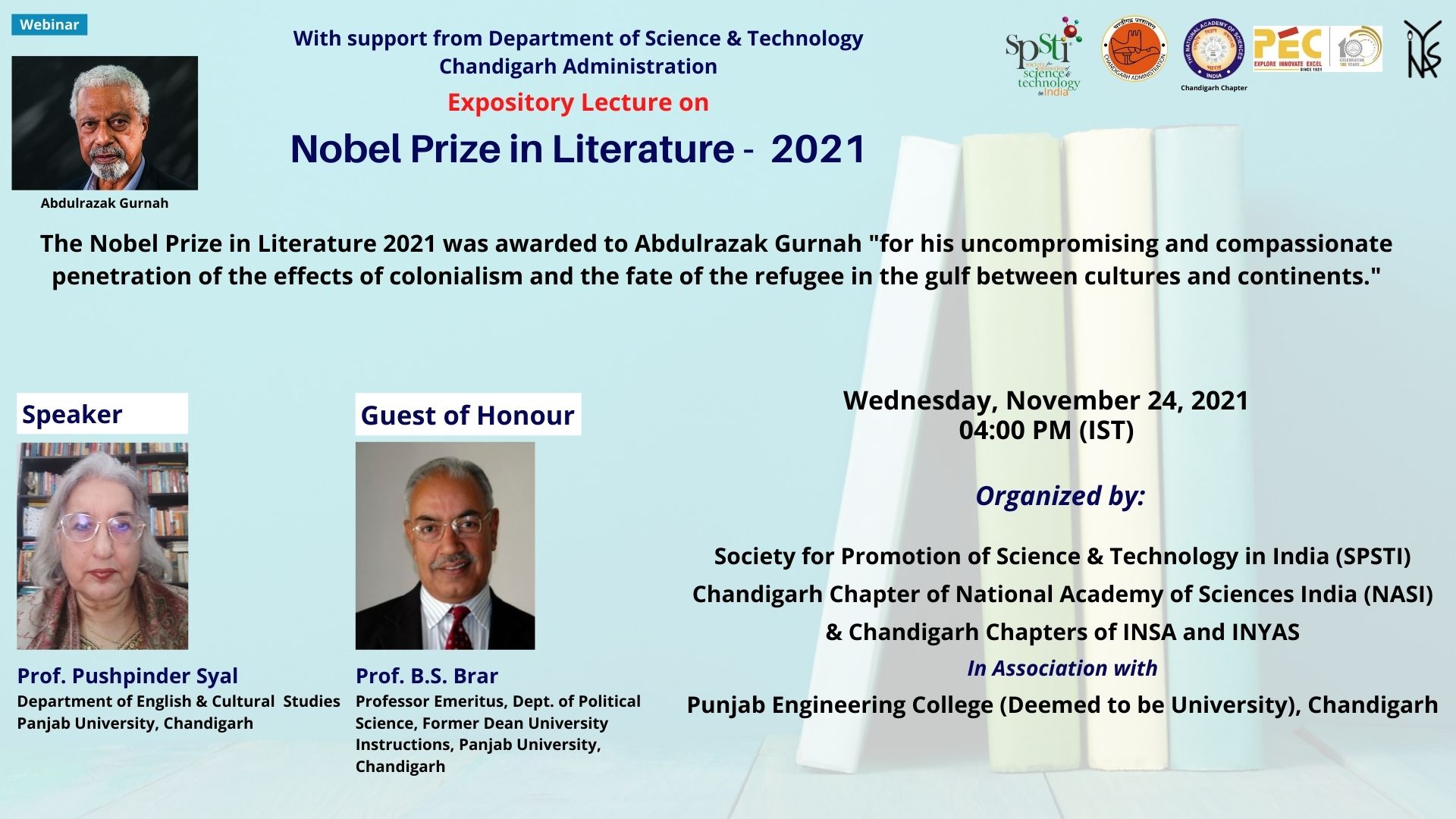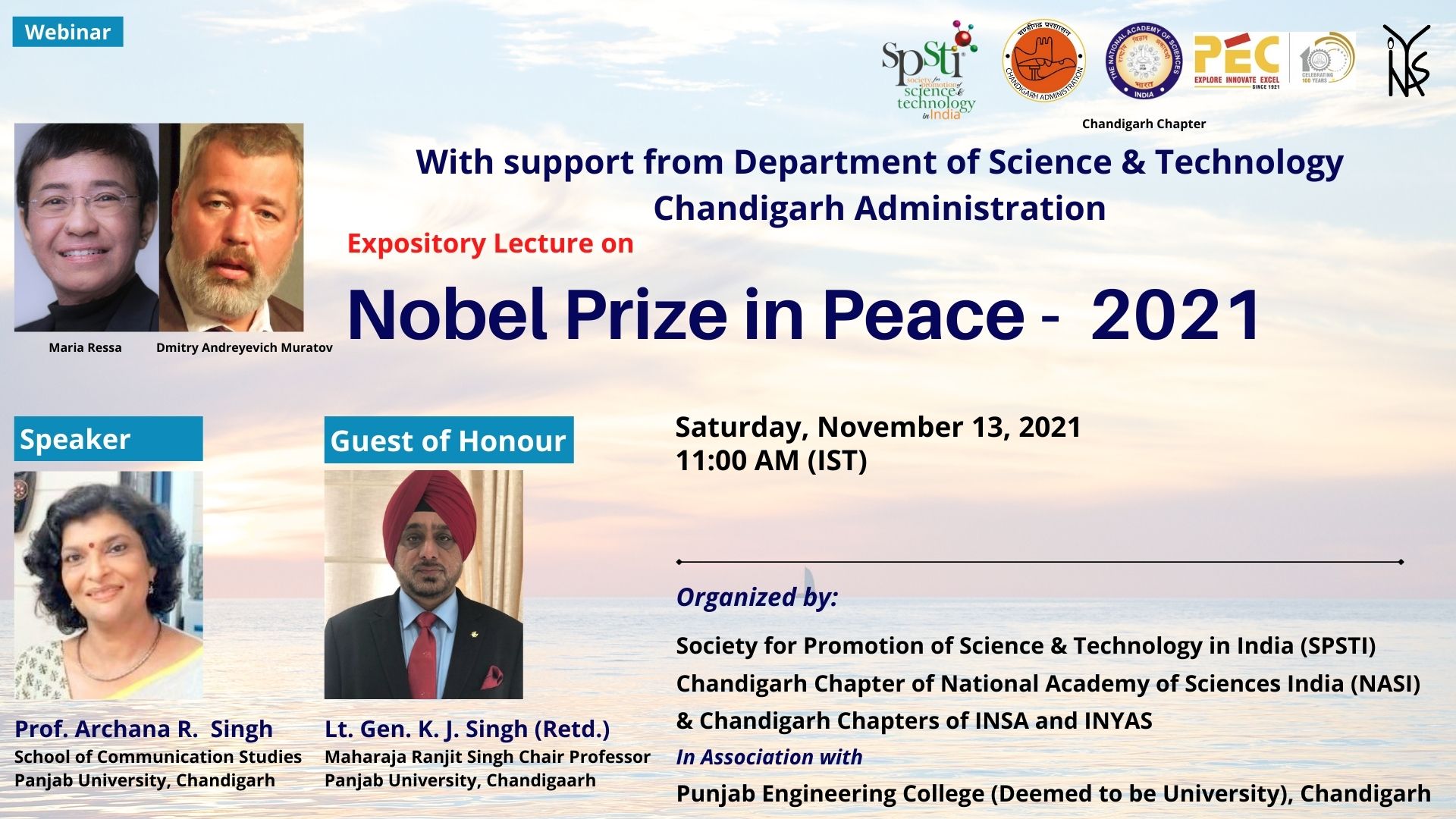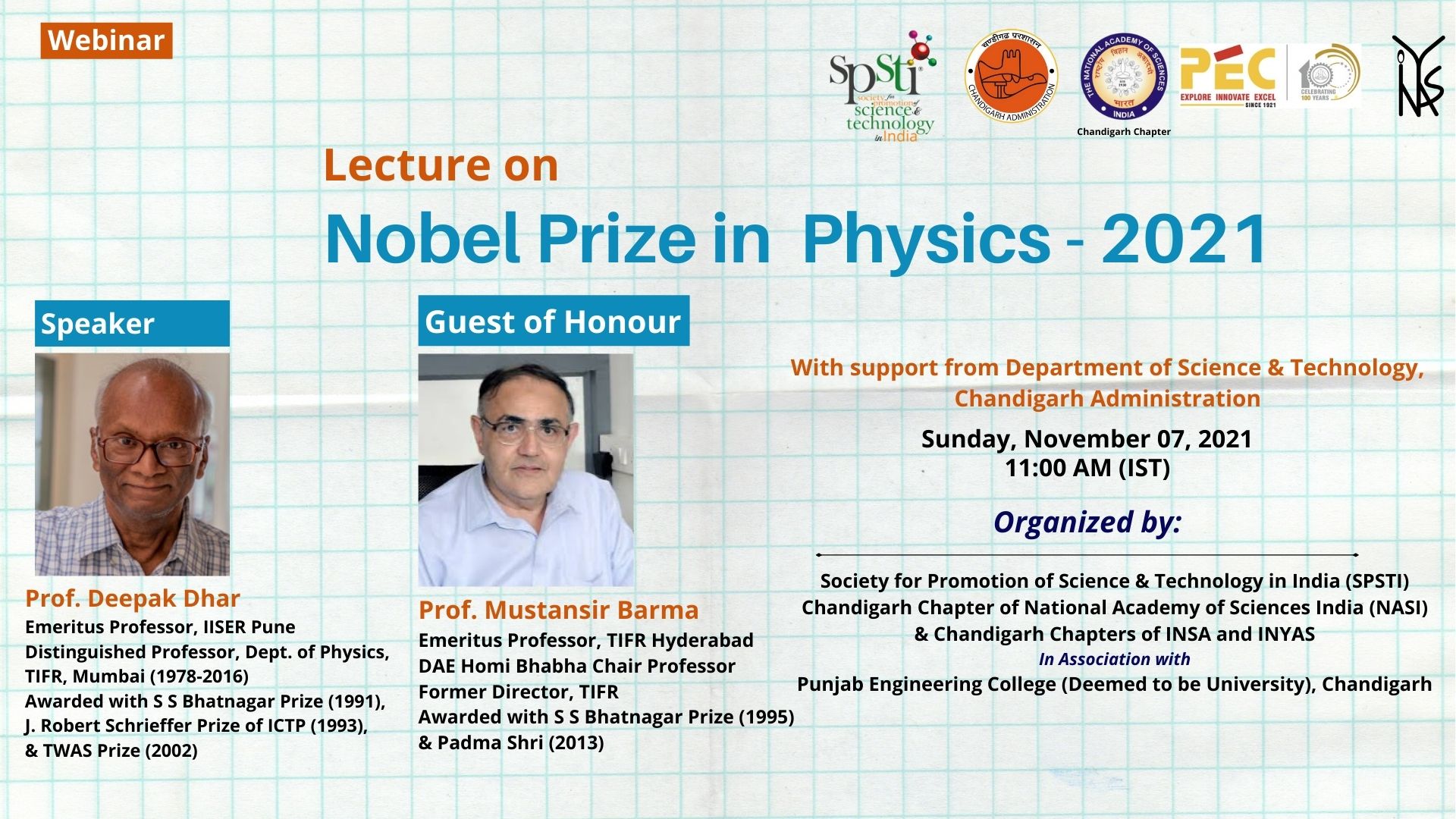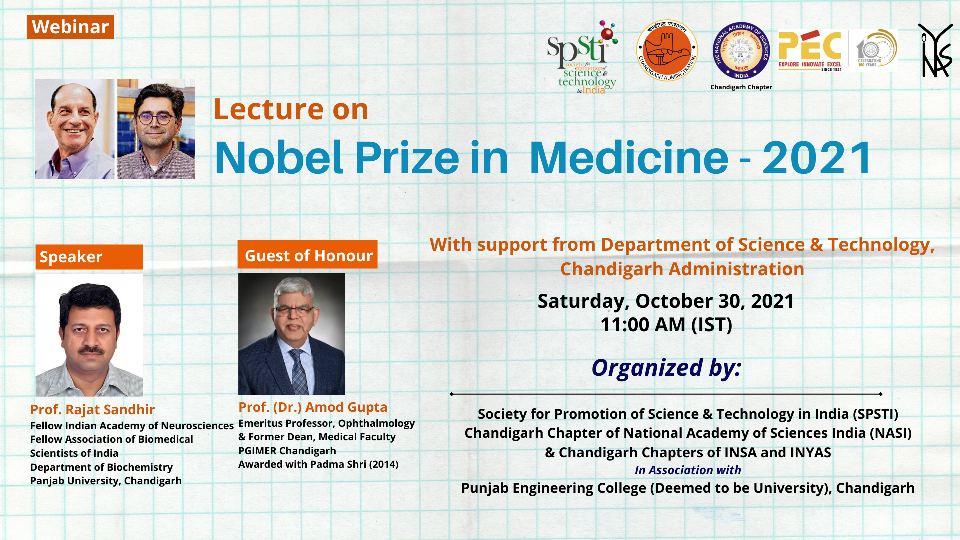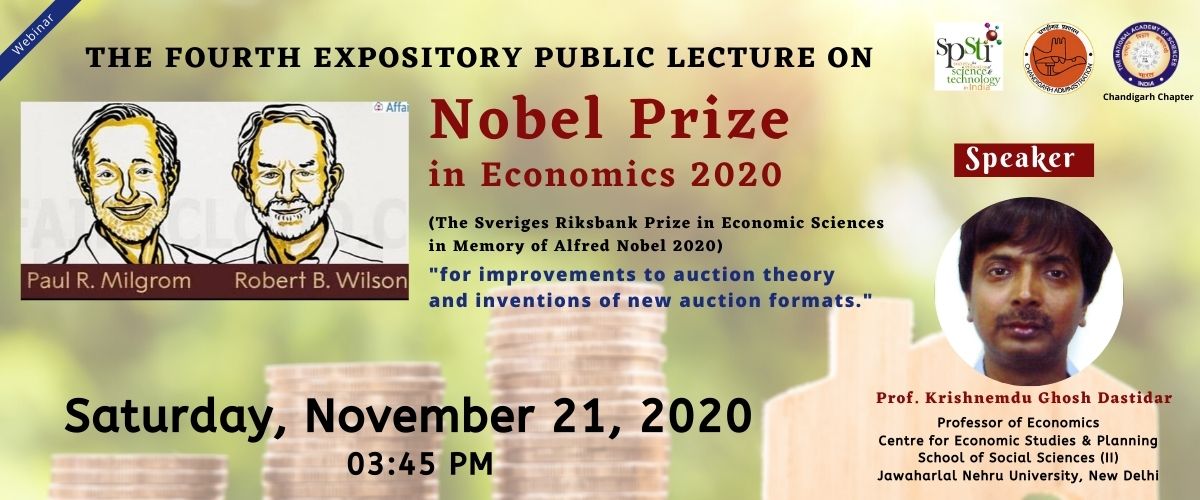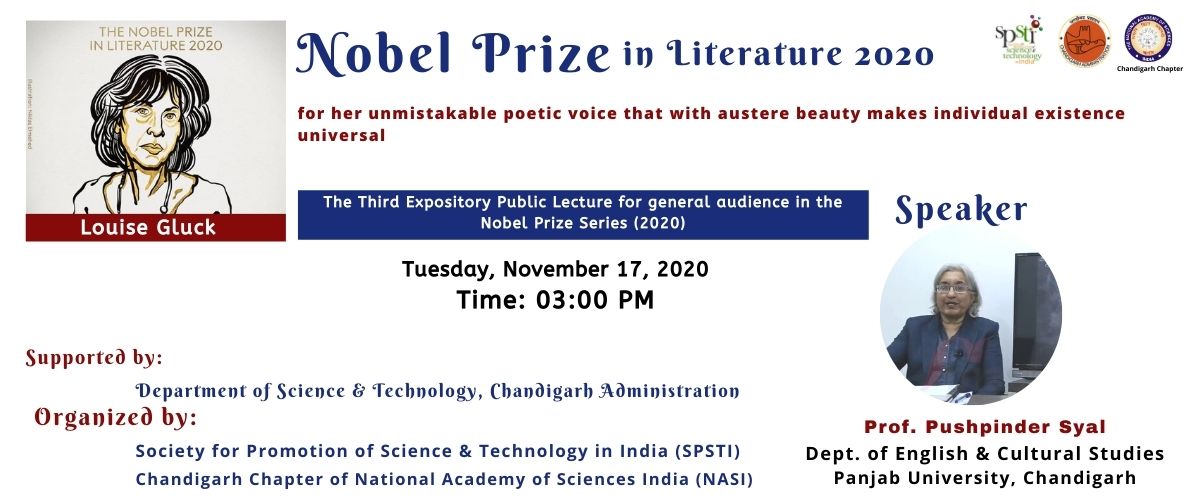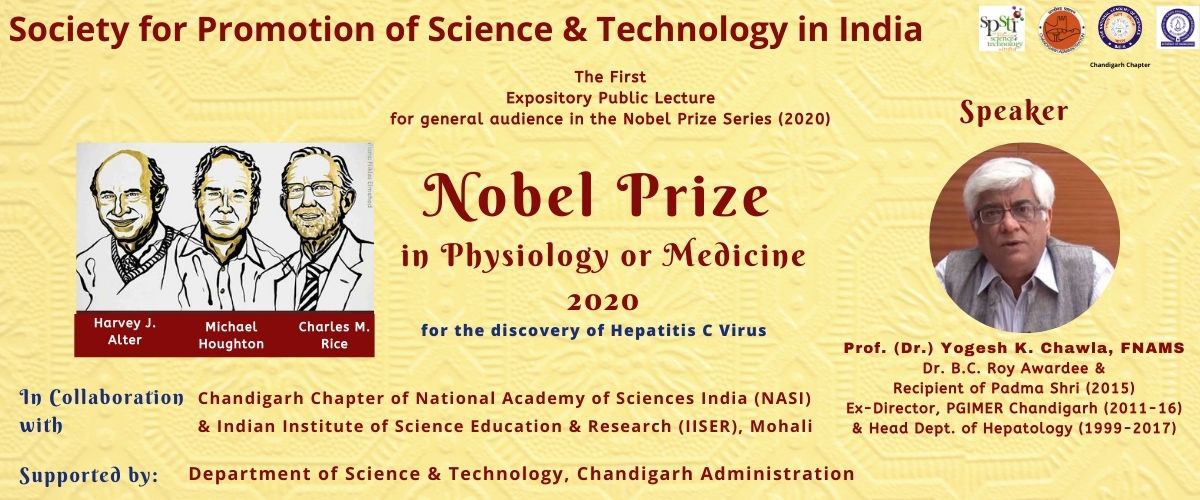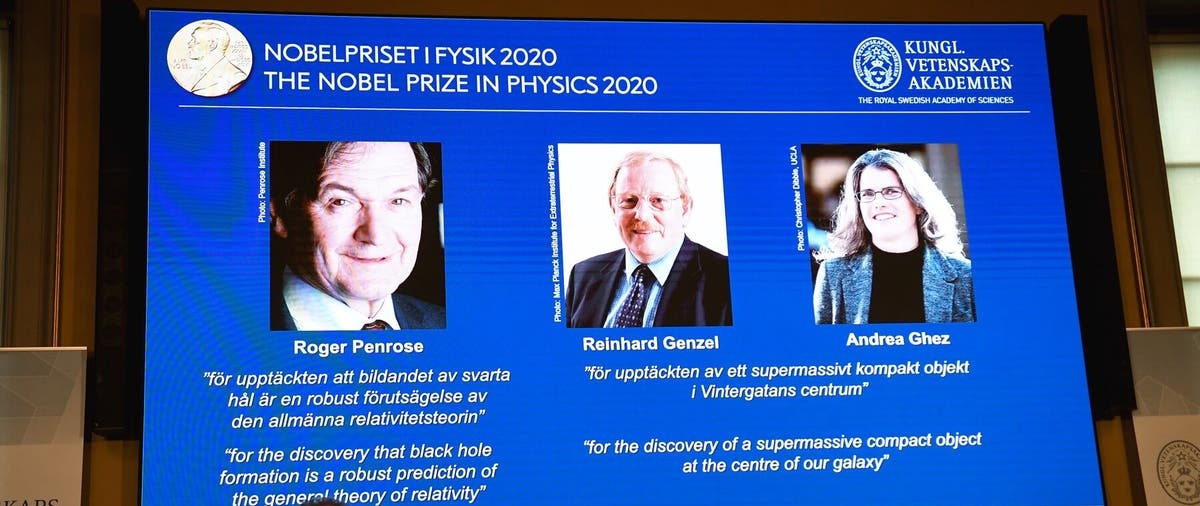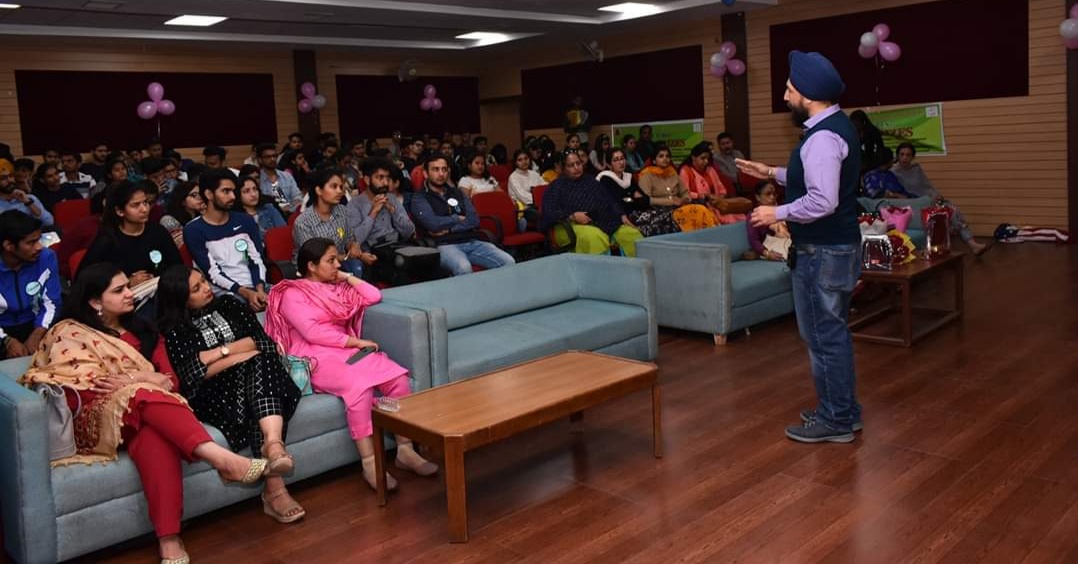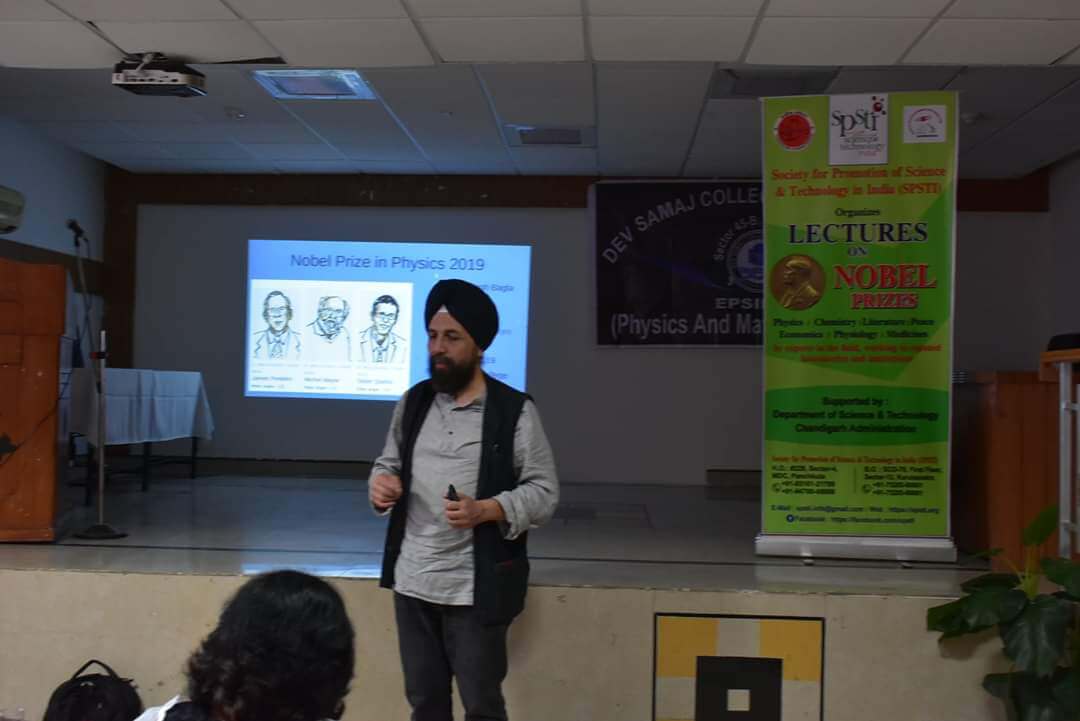
Nobel Prize
The Nobel Prizes are widely regarded as the most prestigious awards given for intellectual achievement in the world. Nobel Prizes are awarded annually from a fund bequeathed for that purpose by the Swedish inventor and industrialist Alfred Nobel.
In the will he drafted in 1895, Nobel instructed that most of his fortune be set aside as a fund for the awarding of five annual prizes “to those who, during the preceding year, shall have conferred the greatest benefit on mankind.” These prizes as established by his will are the Nobel Prize for Physics, the Nobel Prize for Chemistry, the Nobel Prize for Physiology or Medicine, the Nobel Prize for Literature, and the Nobel Prize for Peace. The first distribution of the prizes took place on December 10, 1901, the fifth anniversary of Nobel’s death. An additional award, the Sveriges Riksbank Prize in Economic Sciences in Memory of Alfred Nobel, was established in 1968 by the Bank of Sweden and was first awarded in 1969.
Society for Promotion of Science & Technology in India holds lectures on work & research of Nobel Laureates in the fields of Sciences in Schools and Colleges, primarily in Chandigarh and other parts of India in general. The Society invites eminent scientists and professors who works or had worked directly or indirectly in any context with the Nobel Laureates.


